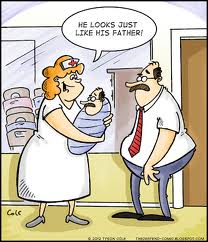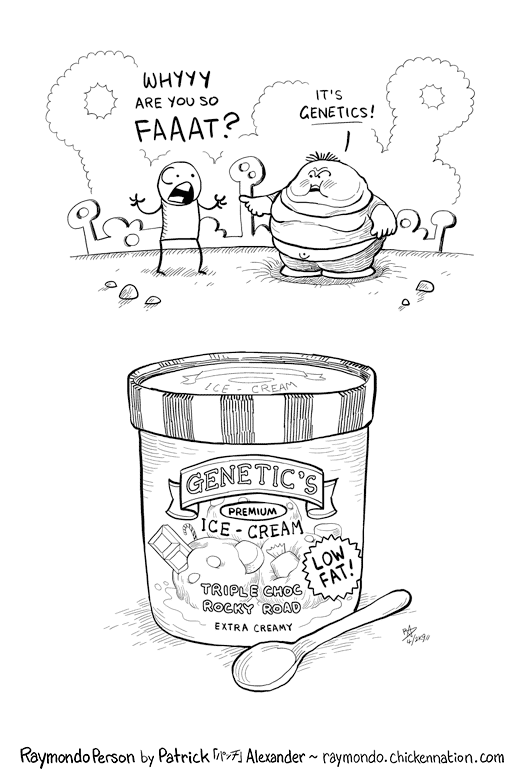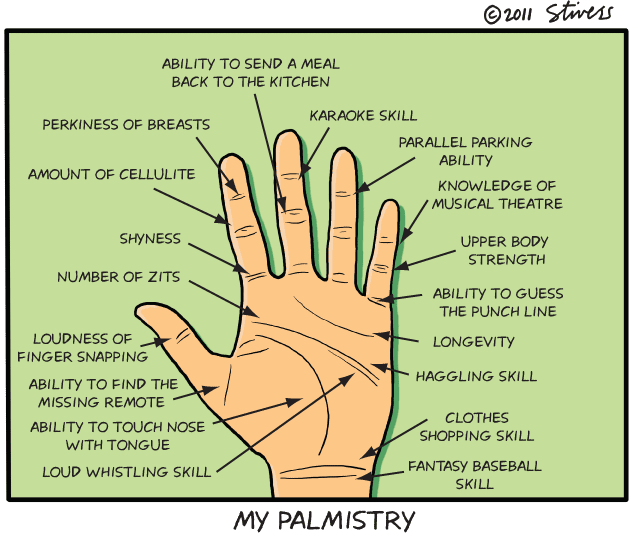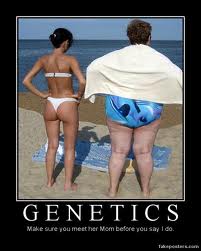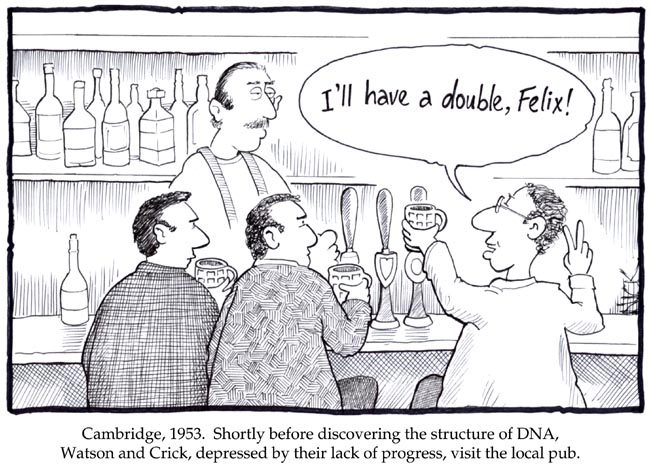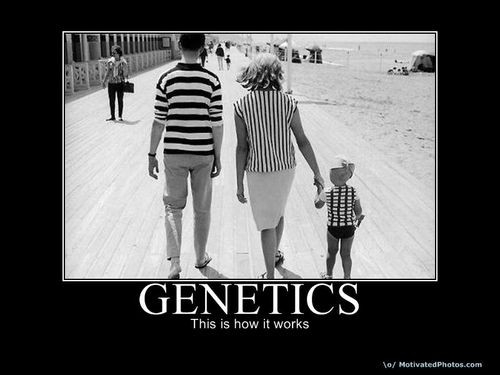For the past few weeks I’ve been traveling overseas, largely on a cruise-ship. As often is the case, cruise lines bring aboard guest lecturers, usually experts in travel that speak about the places the cruise will visit. But, on this particular cruise, in addition to those ubiquitous and familiar lecturers, they invited an especially fascinating scholar and exceptional speaker, Dr. Robert Schrire. His topics have been loosely related to politics but more specifically about how the past and present will impact our future.
Dr. Schrire is an emeritus professor at the University of Cape Town and an independent political analyst who consults with many of the world’s leading companies and governments. He is transnational having lived, studied, and worked on four continents and continues to travel extensively.
His grasp of the facts and his ability to see “the bigger picture” is astonishing and compelling. Since this is a potentially touchy topic that he covered and, since I’m NOT the expert on the facts and statistics that he is, I’m going to be paraphrasing what I learned from one of his lectures. That excuse notwithstanding, I gave this column to Professor Schrire for review and he has given me his blessing for its publication.
Economics was his primary field of study, but he draws from many disciplines to reach his conclusions and projections. History, science, demographics, and so much more are molded together into his presentations. He uses the simplest form of visual aides – a handful of slides (for those of you under 40, a “slide” is a picture that is usually projected on a screen – think PowerPoint but “back in the day”).
Additionally, while he follows a very loose script, each lecture he presents is done extemporaneously and varies according to his sprit and mood.
His main premises will not be disclosed in this column since I couldn’t possibly do them justice. But, there was one thing he said that struck me very powerfully, in an almost frightening way. He said that “free choice” was a myth. Not “freedom of choice” as it relates to procreation, but as it relates to who we are, what do we, and how we think and act. Again, it’s important that all readers understand that I am paraphrasing what I heard and presenting it without the facts that would qualify this column as a serious “paper,” in academic terms.
What this amazing man presented was the fact that so very much of who we are is genetically pre-determined. His examples – in the United States – would immediately get him in trouble with the politically correct police and probably fired from any public job or any educational position. In fact, his declarations about much of what he spoke about was – to me at least – on the nose and truthful, but fraught with danger if spoken in the public sphere in the United States.
Genetics often determine our career paths, our political party choice, our personality, moods, and so much more. When he said that our DNA path would likely affect what political party we choose, he lost me. C’mon! But, he continued with such compelling facts that it became indisputable.
Do we have choice? Of course we do, but our genetic pre-dispositions often make those choices incredibly difficult. The best example is addiction. Why do some people so struggle with substance abuse? Some high and mighty people want to say it is weakness. I have one word for that and it’s simply my initials. I got lucky. I can drink or I cannot drink. Further, I have little interest in drugs and the little I did never consumed me. Why? Because I’m such a strong man? No, because I got the right genes.
Why should this idea not apply to just about everything we do; everything we are? According to this eminent academic, it does apply! Why does Kenya produce the best long-distance runners in the world? Do they train better than others? Perhaps, but it’s pretty well recognized that it is their genetic make-up that largely gives them an advantage.
A prominent president of a prominent college was prominently sacked when he dared to declare the simple reality – which most of us know – that men are more apt than women to succeed in the sciences. In no way, was he suggesting a better or worse gender, since the same can be said for women and is well known in other aspects of the human condition.
Most parents that have more than one child are often awed by the differences in personality and interests their offspring choose. Again, it’s largely a genetic pre-disposition.
Does this mean we truly have NO choice? Of course not, but those “choices” will be easier or harder for some of us. The alcoholic will have a much harder time living a sober life than I will (if I chose to). My faculty for learning languages has never been there and my ability to learn to play a musical instrument was pretty much limited to “chopsticks” – not because I’m less skilled than the other Bruce (Springsteen) but because of what I was given by my parents.
Equally, my gift of gab – which my wife might not call a gift – also was largely easy since it was there at the start of my life journey.
My conclusion is to recognize those gifts we possess as well as those we don’t. My advice for parents is to nurture the gifts our children have and not push them in directions that are not inherent in their make-up. Regarding morality, I believe we can make a choice and we must educate our children in right and wrong, but again some may instinctually lean in one direction or another.



